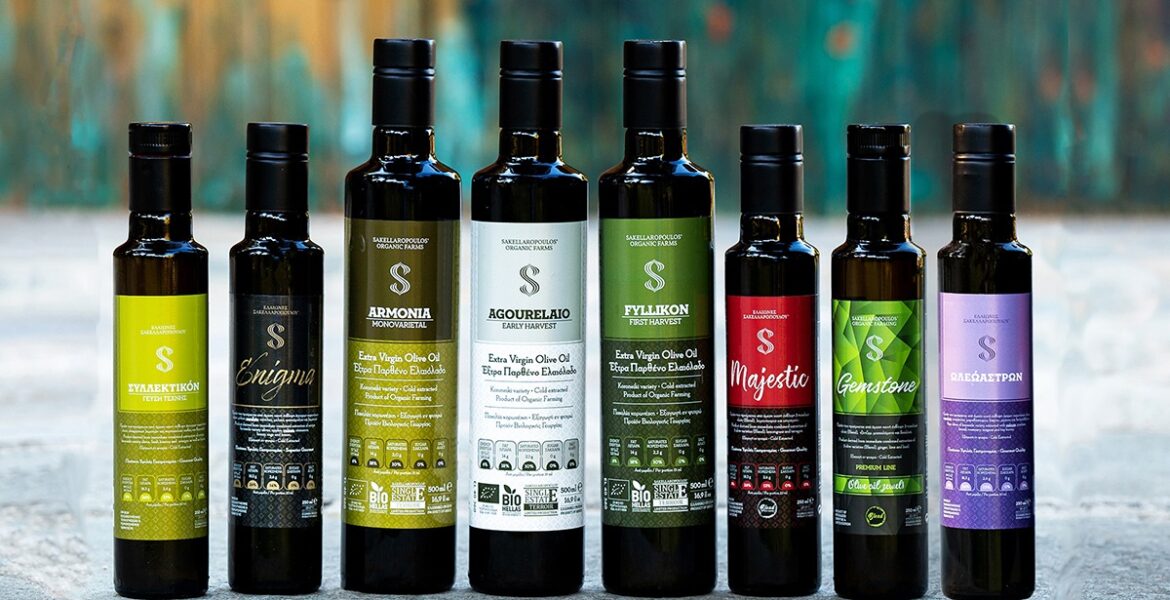ATHENS, Nov. 12 (Xinhua) The unprecedented heatwaves associated with climate change, which have recently affected the Mediterranean region, have significantly impacted olive oil production and driven prices of this essential daily commodity, often referred to as "liquid gold" by the ancient Greek poet Homer, to levels not witnessed in years.
To compound the issue, growers and market experts have reported incidents of theft, where unauthorized individuals enter groves to harvest olives without the owner's permission or knowledge.
In September, the Hellenic Statistical Authority (ELSTAT) reported that olive oil prices in Greek supermarkets were, on average, 29 per cent higher than the same month the previous year. Extra virgin olive oil now retails at an average of 15 euros (equivalent to 16.05 U.S. dollars) per kilogram.
"Producer prices, which stood at around 3.5 euros per kilo just two years ago, soared to 4-4.5 euros at the beginning of 2023. As the olive growing season comes to a close, they have now surged to 8-8.5 euros," explained George Oikonomou, the General Director of the Association of Greek Olive Oil Standardization Industries (SEVITEL). SEVITEL represents companies responsible for standardizing, distributing, and exporting approximately 85 per cent of Greece's olive oil production.
"Greece is the world's third-largest olive oil producer after Spain and Italy. However, we lead globally regarding per capita consumption," Oikonomou remarked.
Greece's per capita olive oil consumption is approximately 10 kilograms annually, in stark contrast to figures of one kilogram in the United States and just a few grams in China.
Typically, Oikonomou noted, "we produce more than what is needed for domestic consumption. Depending on the harvest, we often export our oil to Italy or Spain."
Olive cultivation and olive oil have been integral aspects of Greek culture since ancient times, as affirmed by Dimitrios Levantes, an olive oil producer and the President of the Agricultural Cooperative of Keratea, a town located in East Attica. Standing beside an olive tree estimated by scientists from the National Technical University of Athens to be over 2,000 years old, Levantes emphasized the enduring significance of olives and olive oil in Greek heritage.
Ioannidou and her colleagues are tasked with devising solutions to address these challenges.
"The goal is to maintain quality and to achieve a balance in quantities," she said.
"One measure that could have an immediate effect would be the reduction or abolishment of value-added tax (VAT) on olive oil, which currently stands at 13 per cent," Oikonomou said.
Meanwhile, theft of olives and olive oil has become rampant recently. A few weeks ago, approximately 50 tonnes of olive oil valued at half a million euros were stolen from a warehouse of an agricultural cooperative on the Halkidiki peninsula in northern Greece. Thefts of smaller quantities of olives or olive oil have also been reported across Greece.
In Keratea, like in other regions, producers have hired private security, Levantes said. (1 euro = 1.07 U.S. dollars)


